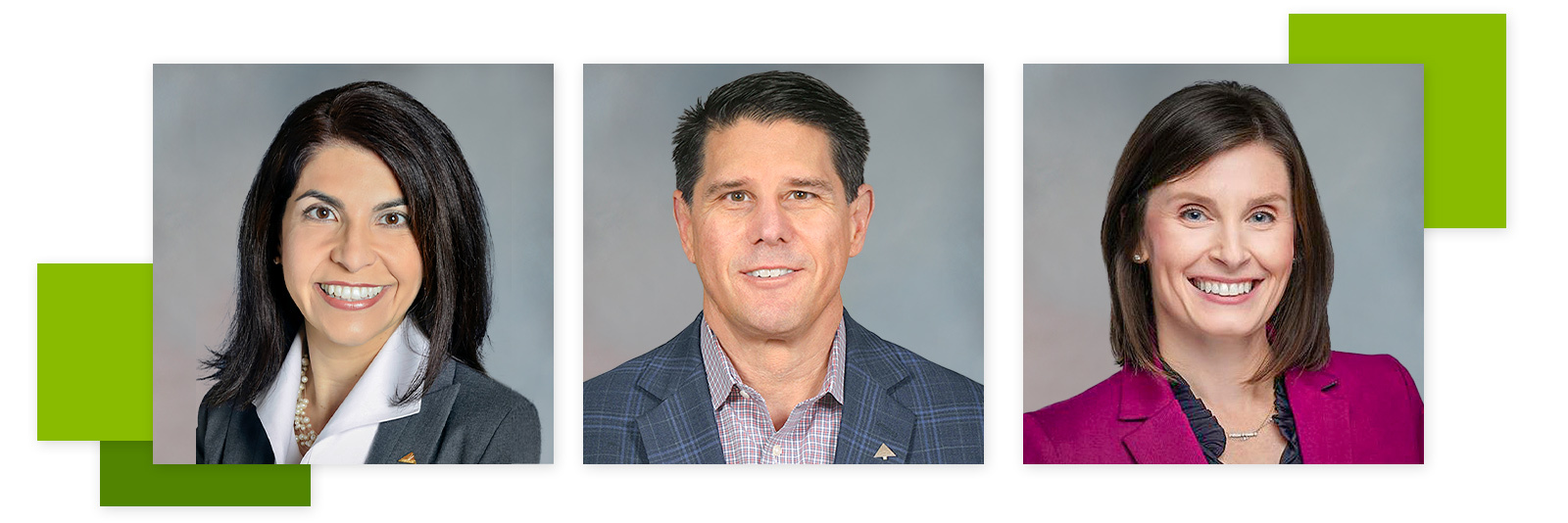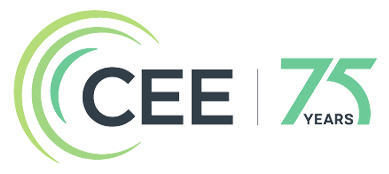-
- The good news: 35 states now require high school students to pass a personal finance course to graduate.
- The challenge: Local school systems and teachers aren’t always equipped with robust curriculum and other resources to provide engaging financial education instruction to students.
- More good news: The Regions Foundation® and a community partner are helping to fill that gap.
The Regions Foundation is a nonprofit funded primarily by Regions Bank. The Foundation’s grants and investments create positive change in communities across the South, Midwest and Texas. The Regions Foundation, along with Regions Bank, focus on initiatives that enhance economic and community development; education and workforce readiness; and financial wellness.
All three of those focus areas are critical to the Foundation’s work throughout the year, but Financial Literacy Month in April is the perfect opportunity to highlight some exciting special financial wellness initiatives.
The Foundation has collaborated with the Council for Economic Education for many years, most recently in the form of grants of $25,000 to each of three state affiliates in the Regions Bank footprint: Mississippi, Georgia and Alabama.
The CEE’s mission is to equip K-12 students with the tools and knowledge of personal finance and economics so that they can make better decisions for themselves, their families, and their communities. It does this by providing programs for teachers, students and families through a network of 200 affiliates across the country.
According to the CEE, 40 percent of Americans have less than $300 in savings, and only 24 percent of millennials (born between 1981 and 1996) demonstrate basic financial literacy.
The organization estimates that 50 percent of America’s youth will earn less than their parents.
With those metrics as motivation, the CEE has developed more than 1,000 lessons, guides and activities for 500,000 teachers that have so far reached more than 2 million students.
“During Financial Literacy Month – and throughout the year – the Regions Foundation works to ensure that people in our communities have access to financial education resources to make life better,” said Marta Self, executive director of the Regions Foundation. “We’re pleased to support the CEE’s professional development programs and provide curriculum resources to help students throughout the country, especially those in areas historically underserved by the traditional financial system. When young people have tools to make informed financial decisions and create a better life for themselves and their families, the entire community benefits.”
 Left to right: Marta Self, Don Korn, Mary Beth Coke
Left to right: Marta Self, Don Korn, Mary Beth Coke
In Mississippi: Developing Teachers and Careers
The Mississippi Council on Economic Education was on hand three years ago when the state Board of Education declared that personal finance would be required content for students before graduating from high school. According to Selena Swartzfager, president of the Mississippi Council on Economic Education, the MCEE jumped in to help any way they could – including writing the personal finance unit of the College and Career Ready Course and providing teacher training.
“With support from the Regions Foundation, the MCEE developed the Master Teacher of College & Career Readiness program, which provides learning materials as well as creative ways to present personal finance education content in an engaging manner for students,” Swartzfager said. The program also helps students plan for and apply for college and help them make choices about entering the workforce.
“The content, which includes 75 hours of instruction, is presented via Canvas instruction presented by MCEE faculty,” Swartzfager said. “We’ve found this format expands reach, makes the material accessible, gives teachers flexibility, and – most importantly – it removes barriers.”
Their methods are clearly working. Mississippi received national recognition for their financial literacy in high schools program just a few years after the requirement was in place.
In Georgia: Preparing for Graduation and Beyond
A similar Georgia law was enacted in 2022 that requires 11th and 12th grade students to pass a half-credit personal finance program to graduate.
“Everyone is pleased about the new requirements and understands how beneficial these mandatory financial literacy programs are to our students, families and communities,” said Mike Raymer, executive director of the Georgia Council on Economic Education. “We just needed to make sure our teachers were ready for the transition.”
Raymer reports that thanks to the Regions Foundation grant, the GCEE has held six workshops for 70 high school teachers and nine sessions for 178 elementary school teachers focused on financial literacy since January.
The funding also supports fun, real-life learning activities for the students. One example is the Stock Market Game, a competition in which students are given $100,000 worth of simulated funds to invest.
“So far, the winning team has earned $166,000 in six weeks – and they’re elementary school students!” Raymer said. The winning teams will be honored at a celebration at the Fox Theater in Atlanta.
The GCEE has several events planned for Financial Literacy Month, including a personal finance challenge for high school students and informative teacher webinars led by financial experts. Regions Chief Economist Richard Moody was a past guest speaker.
Mary Beth Coke, Regions Commercial Bank leader, serves as board chair for the GCEE and is proud to support this vital resource for Georgia teachers and students.
“The workshops, lesson plans and hands-on experience to K-12 teachers that GCEE provides across nearly every county in the state ensures our young citizens are financially literate,” Coke said. “The Regions Foundation grant will help maintain economic and financial education at the highest levels to our students.”
In Alabama: Reaching Younger Students
Alabama, too, has garnered national attention for effectively meeting its financial literacy graduation requirement, which went into effect in 2014.
But according to Wanda McAbee, who leads the Alabama Council on Economic Education, this affiliate is using their Regions Foundation grant dollars a little differently – to fund the council’s Never Too Early program.
“This is our second year to focus on the elementary school population,” McAbee said.
Our goal is to reach younger students and help them develop life-long habits. Knowledge is power and early learning ensures they’re better equipped for a successful financial future.
Wanda McAbee, leader of the Alabama Council on Economic Education
The ACEE provides webinars for teachers and a variety of classroom tools, including Adventures in Math, a free online program to help K-8 kids learn math skills and financial responsibility that is part of Regions Next Step® financial wellness program. These younger students learn to count money, differentiate between wants and needs, making good decisions about earning, spending and saving.
So far this year, the Never Too Early program has provided financial education curriculum to 158 teachers and 17,698 students.
Don Korn, director of Portfolio Management for Regions Wealth Management, is a board member and praises the ACEE’s efforts in providing financial education programs for Alabama K-12 students.
“I enjoy serving as a board member of the ACEE because I have a passion for financial literacy and children’s education, which intersect with the council’s mission” Korn said. “And that ties in perfectly with the key areas of focus for the Regions Foundation.”
McAbee agreed, saying, “With its support of this program, the Regions Foundation is allowing us to build knowledge to last a lifetime.”
